Argentina’s presidential election received a major shakeup when the first round of votes were counted, with anti-establishment candidate Javier Milei pulling in more votes than any other candidate, including those from the country’s two major political coalitions. Milei’s populist message is clearly resonating with many voters, including his desire to loosen the country’s restrictive gun control laws.
Gun ownership is severely restricted in Argentina. Milei proposes the “deregulation of the legal market” for weapons and “the protection of its legitimate and responsible use by the citizens,” according to his party’s electoral platform.
… With around 97% of polling locations reporting, Milei had around 30% of the total vote, according to official results. The candidates in the main opposition coalition, United for Change, were at 28% and the governing Union for the Homeland coalition had 27%.
… At Milei’s electoral headquarters, party leaders were ecstatic while people celebrated outside, expressing optimism that their candidate’s support would only grow in the run-up to October.
“I like his ideas about freedom,” said Orlando Sánchez, 26, a retail worker. “If criminals walk around with guns on their belts, why can’t an ordinary citizen have one lawfully and with the proper documentation? People are clearly tired of politics, being constantly lied to.”
Crime and gun ownership aren’t the only things driving Milei’s growing popularity. Inflation in Argentina has been absolutely brutal for the past few years, with an annual rate of more than 100%, and Milei’s call to replace the peso with the U.S. dollar has earned him support from many voters who are fed up with the status quo.
But crime and personal safety aren’t minor considerations for voters either, even though official government statistics show a decline in homicides and other violent crimes.
Despite these reported improvements, citizens feel increasingly less secure, as the topic of crime becomes politicized in the lead-up to presidential elections this October.
Back in February, the center-left president Alberto Fernández, who is not running for reelection, announced that national security forces would begin using stun guns in response to concerns over crime.
In April, the opposition-run city of Buenos Aires announced its police force will start using stun guns once they have gone through the appropriate training. Human rights groups have raised concerns over their possible indiscriminate use and lethality.
The two main political parties’ positioning on law and order reflects the preoccupations among Argentines, who are living with 108% annual inflation and a decimated national economy. A recent survey by the University of San Andres found that 33% of respondents said that crime, robberies, and insecurity are some of their main concerns.
Only inflation and corruption are bigger concerns among Argentines. Even in the deeply polarized political landscape of Argentina, supporters of the government and the opposition place crime and insecurity high up among their areas of concern.
Inflation, corruption, and crime go hand-in-hand, so it’s not a huge shock that crime is a major concern for voters despite what the official statistics say. In fact, many crimes in Argentina are likely going unreported by victims, who don’t believe that anything can or will be done. And if voters don’t trust the government to protect them, it stands to reason that more of them are going to vote for the candidate who will allow them to protect themselves.
It will be interesting to see if the two major political coalitions recognize this and try to moderate their own positions on gun ownership ahead of the October elections, or if they’ll continue to focus on providing police with more power and authority to use things like stun guns on the job. I doubt those efforts are going to have much of an impact on voters who are even more worried about corrupt government officials than they are about violent crime, but taking steps to ensure that responsible citizens can keep and bear arms could erode some of Milei’s current support. The question is whether those parties would actually take that step and entrust the people with the means to defend themselves. I’m not holding my breath that will happen, and October may prove to be a big surprise to the Argentinian political establishment.
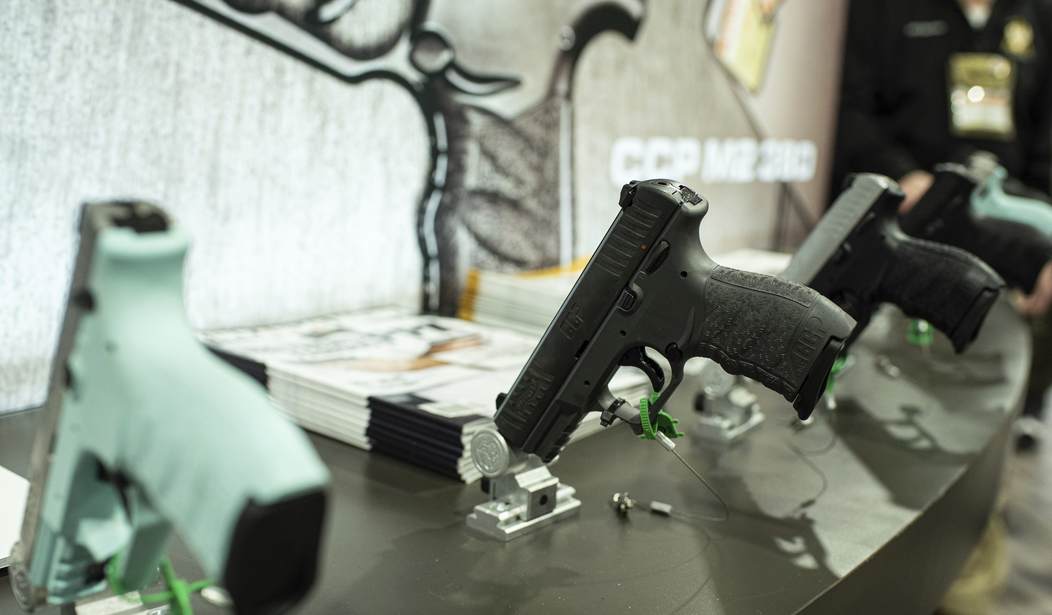



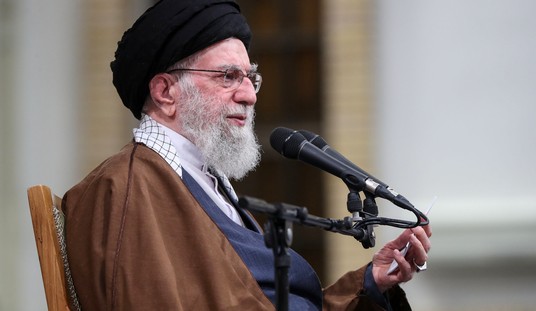
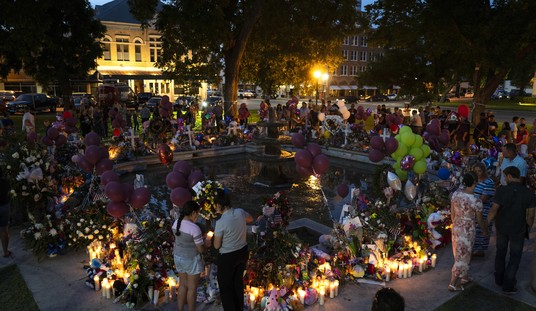
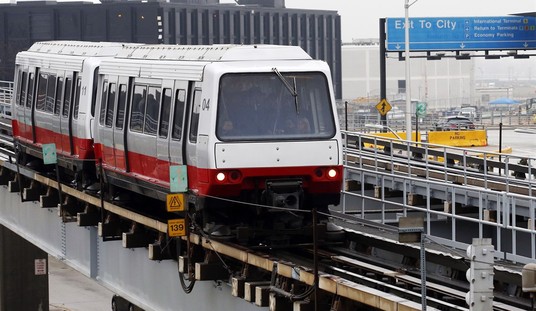


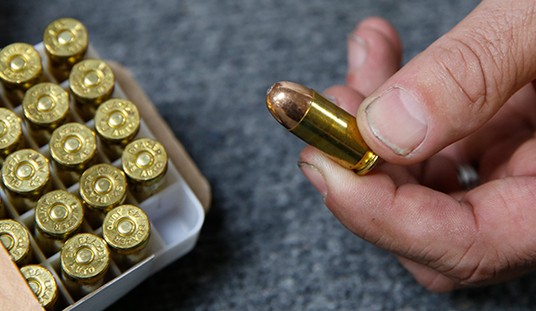
Join the conversation as a VIP Member